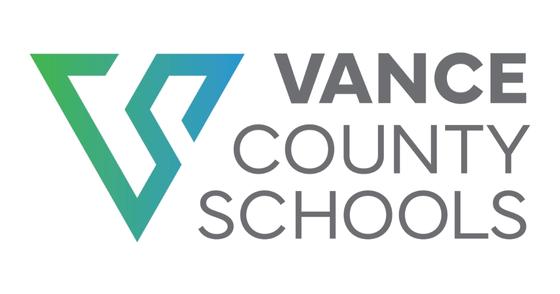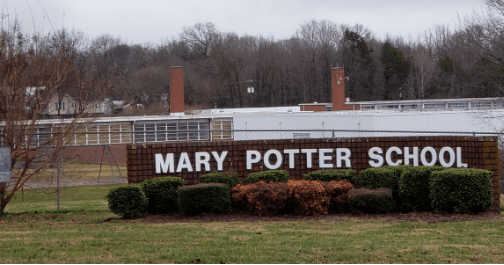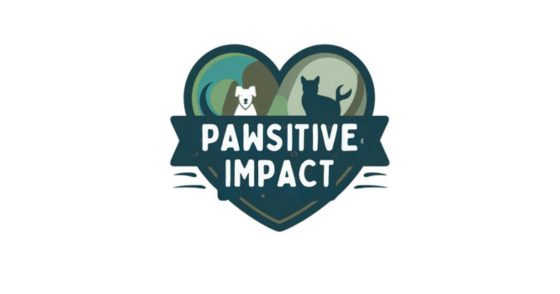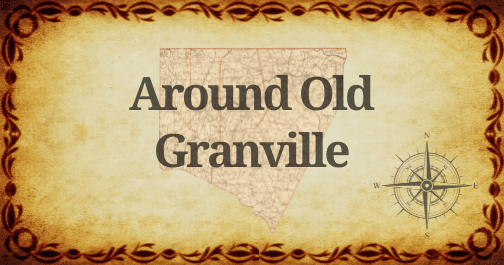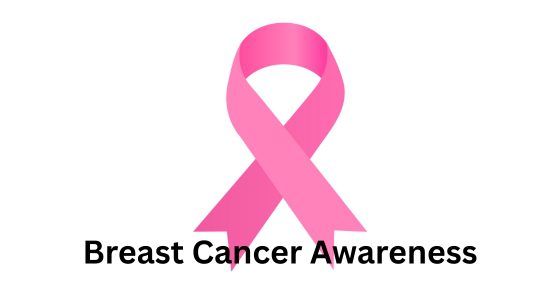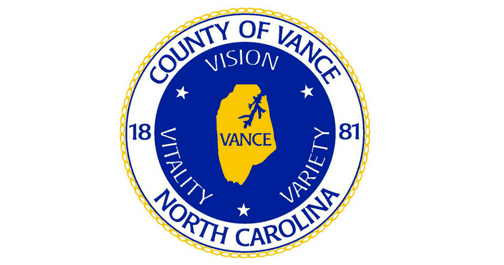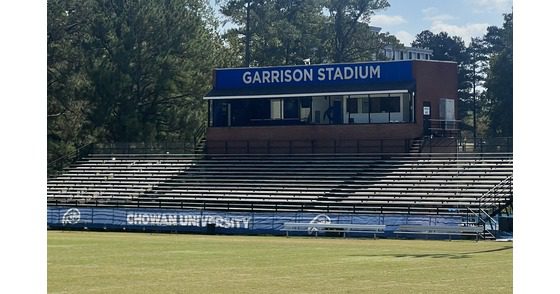-Press Release, U.S. Department of Justice
The Department of Justice established the National Center for Disaster Fraud (NCDF) in the wake of Hurricane Katrina when billions of dollars in federal disaster relief poured into the Gulf Coast region, which opened opportunities for criminals to exploit people during vulnerable times. The NCDF, a national coordinating agency within the Department’s Criminal Division, operates a call center at Louisiana State University in Baton Rouge and serves as a centralized clearinghouse for disaster fraud complaints and information relating to both natural and man-made disasters. The NCDF seeks to improve and further the detection, prevention, investigation, and prosecution of fraud related to natural and man-made disasters, and to advocate for victims of such fraud. More than 20 federal, state, and local agencies participate in the NCDF, which allows them to forward on complaints to the appropriate agency for investigation.
“Following Hurricane Michael’s landfall and as recovery efforts continue, it is important for people to be on the lookout for fraudsters who seek to profit from natural disasters through identity theft schemes, impersonation of government officials and solicitations for fake charities,” said Deputy Attorney General Rod Rosenstein. “The Department of Justice is committed to detecting this type of fraud, and we will aggressively prosecute the offenders. Through our National Center for Disaster Fraud, and in conjunction with our law enforcement partners, we are working to keep Americans from becoming victims of these schemes.”
Since Hurricane Michael’s landfall, many people are left without food, water, or shelter, and are experiencing devastating damage to life and property. Unfortunately, there are criminals ready to take advantage of victims before, during, and especially after a natural disaster. They are looking to strike those at their most vulnerable time.
While compassion, assistance, and solidarity are generally prevalent in the aftermath of natural disasters, unscrupulous individuals and organizations also use these tragic events to take advantage of those in need. Examples of illegal activity being reported to the NCDF and law enforcement include:
- Impersonation of federal law enforcement officials;
- Identity theft;
- Fraudulent submission of claims to insurance companies and the federal government;
- Fraudulent activity related to solicitations for donations and charitable giving;
- Fraudulent activity related to individuals and organizations promising high investment returns from profits from recovery and cleanup efforts;
- Price gouging;
- Contractor Fraud;
- Debris removal fraud;
- Theft, looting, and other violent crime
Numerous U.S. Attorney Offices in districts impacted by recent hurricanes have established task forces comprised of local, state and federal agencies in their respective areas to combat disaster fraud.
“The NCDF has an excellent staff of investigators, analysts, call center operators, and managers who are well prepared to handle the anticipated volume of complaints after the recent hurricanes and help ensure that each report of fraud reaches the appropriate investigative agency,” said U.S. Attorney Brandon J. Fremin for the Middle District of Louisiana, who is also the NCDF’s Executive Director. “Raising public awareness is a great way for the NCDF to reach thousands of people who may one day be subjected to fraudulent schemes.”
Members of the public are reminded to apply a critical eye and exercise due diligence before trusting anyone purporting to be working on behalf of disaster victims. They should also exercise the same care before giving contributions to anyone soliciting donations on behalf of disaster victims as well as being extremely cautious before providing personal identifying or financial information to anyone, especially those who may contact you after a natural disaster. Solicitations can originate from e-mails, websites, door-to-door collections, mailings and telephone calls, and similar methods.
Members of the public who suspect fraud, waste, abuse, or allegations of mismanagement involving disaster relief operations, or believe they have been the victim of fraud from a person or organization soliciting relief funds on behalf of disaster victims, should contact the National Disaster Fraud Hotline toll-free at (866) 720-5721. The telephone line is staffed by live operators 24 hours a day, seven days a week. You can also fax information to the Center at (225) 334-4707, or email it to disaster@leo.gov. Learn more about the NCDF at www.justice.gov/disaster-fraud and watch a public service announcement here. Tips for the public on how to avoid being victimized of fraud are at https://www.justice.gov/opa/pr/tips-avoiding-fraudulent-charitable-contribution-schemes.


